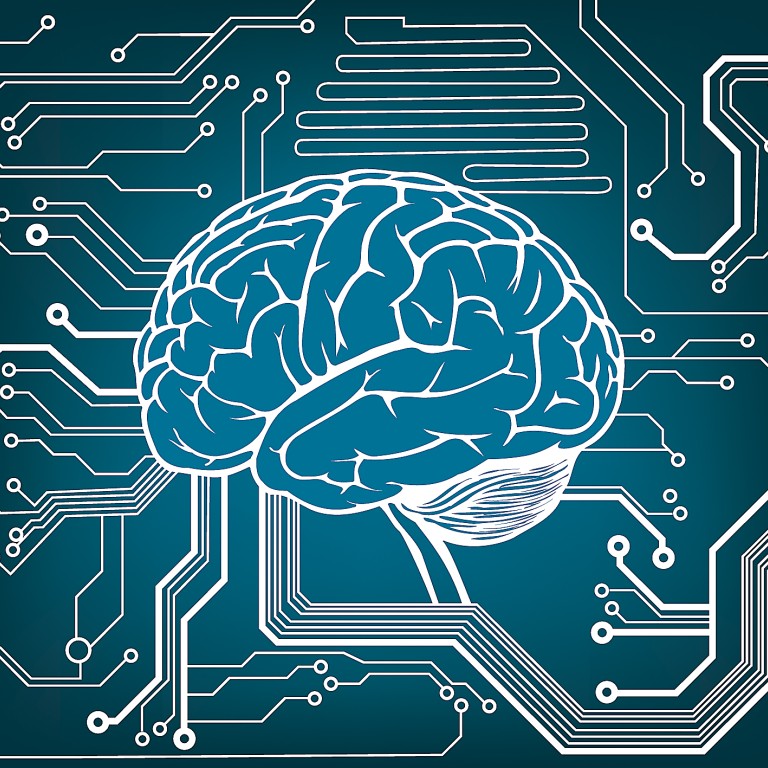
Top 5 futuristic brain-based technologies
While it is often compared to a computer, the way our brain functions is remarkably different, solving problems and interpreting data in a way that escapes even the most advanced machine.
Mapping the mind
Understanding how our neural circuits effect our behaviour could be hugely beneficial in the diagnosing and treatment of neurological disorders. "An unprecedented global effort has begun to map the brain’s functional and structural connections and understand how these maps change in diseases like Alzheimer’s and schizophrenia," according to the WEF. "Already, some brain scans can detect early signs of Alzheimer’s plaque more than a decade before clinical symptoms appear."
Brain computing
Scientists hope that computers modelled on brains would be able to reason, predict and react just as well as humans. According to the WEF, "cortical computing algorithms have already shown an ability to solve modern CAPTCHAs" (the tests used to ascertain whether someone filling out an online form is human, such as by asking them to recognise numbers in a photo). IBM is a leader in this field, with its "Jeopardy"-defeating supercomputer Watson. The firm is also currently working on brain-inspired SyNAPSE chips able to mimic human cognitive behaviour.
Brain prosthetics
The ability to interface with a machine could have dramatic applications for paralysed patients, allowing them to control auxilary machines using their brains, without having to rely on their incapacitated body. One such technology is DARPA's Revolutionising Prosthetics programme, which is developing neurally controlled robotic arms that function like human limbs.
Brain-powered interfaces
The common science fiction trope of being able to control a computer with your mind may be closer than you think. A range of technologies are being developed to respond to neurological commands, including a car that reacts to a driver's concentration levels and slows down if they are distracted, and mind-controlled drones and video games. Researchers at Stanford have also developed a method to allow paralysed patients to control a computer mouse with their brain, currently under FDA review for human testing.
Automated diagnosis
Some of the most debilitating ailments start in the brain, from strokes to seizures. Diagnosis systems such as the NeuroPace RNS can continuously monitor electrical activity in the mind to detect seizures before they happen, and also help prevent epileptics from having fits by delivering small electrical pulses. "And new mobile apps allow patients to track in real-time their own cognition, mood and even gait, and send reports about their brain health to their doctor," the WEF report said. "Could we one day have a brain scanner attached to our smartphones?"
